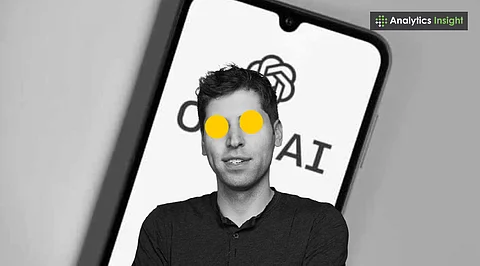

OpenAI has delayed the release of its highly anticipated open-weight AI model, which was scheduled to debut next week. The announcement came from CEO Sam Altman via a tweet on X. He also mentioned additional safety testing and a more extensive review of high-risk features.
“We had planned to roll out our open-weight model next week… We are holding back,” Altman wrote, adding, “We must have time to conduct further safety testing and examine high-risk zones… We are not yet certain how long it will take us.”
This is the second time the model’s release has been postponed after its original announcement earlier this year.
The AI model is crucial since OpenAI aims to release it with open weights, the trained numerical values that determine how the AI system behaves. These tools allow developers and researchers to run, fine-tune, and even modify the model on their systems without relying on OpenAI’s servers.
While this creates new opportunities for innovation and tailoring, it also raises concerns about abuse, as the model, once released, can’t be recalled or monitored.
“While we are confident the community will create awesome things with this model, once weights are released, they can’t be recalled,” Altman said. “This is new to us, and we want to get it right.”
The delay comes at a time when rivals like Meta, Mistral, and DeepSeek are aggressively moving forward with their open-weight offerings. The competition has raised questions about whether OpenAI’s cautious approach may slow down its productivity in the evolving AI market.
However, the company appears to be focused on a more long-term view. Sources suggest that a recent internal research breakthrough also contributed to the delay, as the team works to incorporate those advancements into the upcoming release.
Also Read: AI Career Showdown: Should You Join Open AI, Google, or xAI?
The delay also comes amid reports that Meta is actively trying to poach AI researchers from OpenAI. While Sam Altman has publicly downplayed the issue, insiders note some concern over departures of key staff.
Privately, Altman is said to have dismissed Meta’s efforts, maintaining that the most critical members of OpenAI’s team remain committed to the company’s mission-driven ethos.
So far, OpenAI has not promised a new timeline. The firm has restated that safety is always its primary concern, particularly because the implications of an irreparable open-weight release could be vast.
For the international development community, the wait continues amid the growing anticipation from a tech-savvy world closely monitoring the future of AI in real-time.
